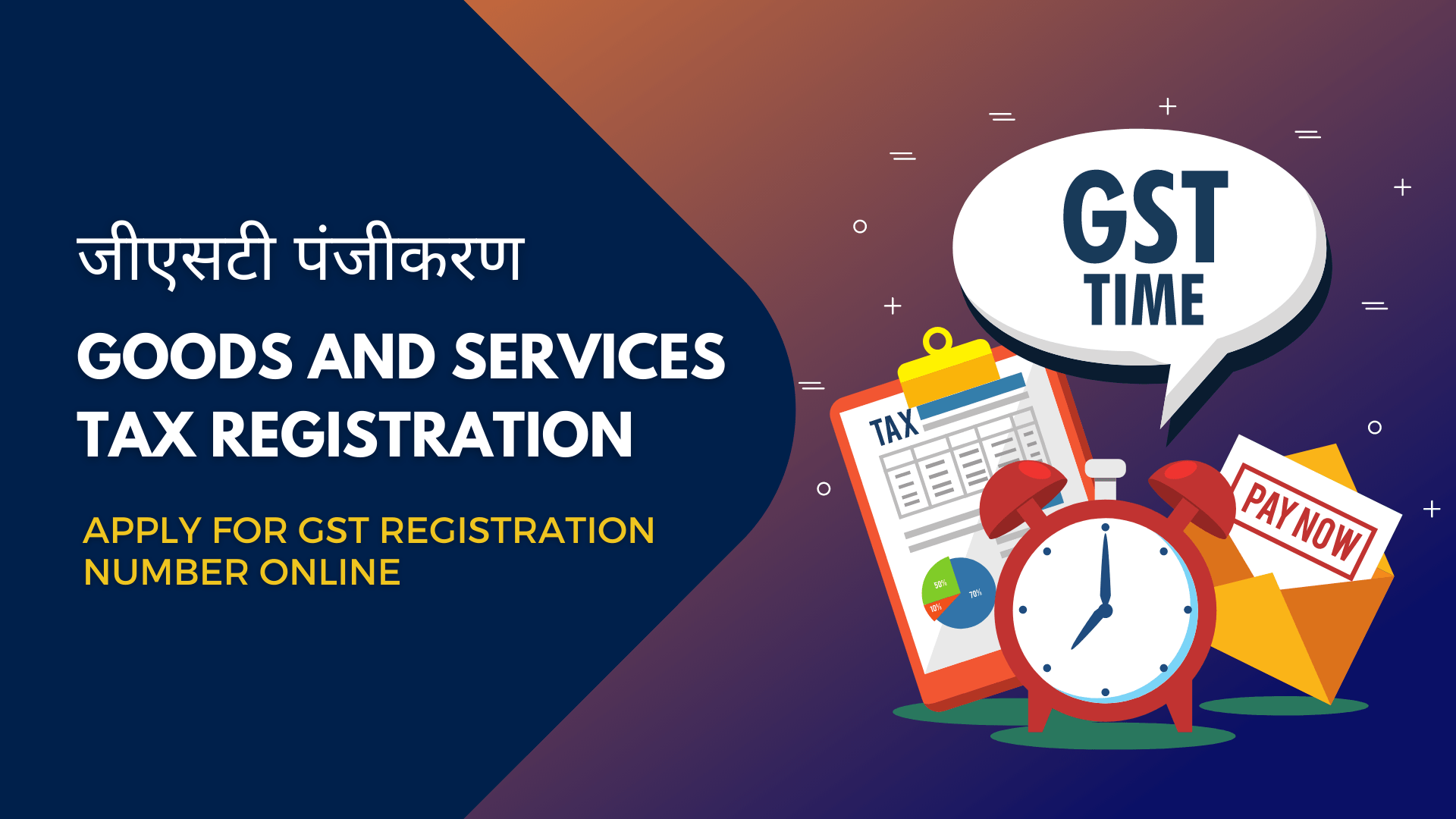How to Browse Singapore GST Registration for Your Firm
How to Browse Singapore GST Registration for Your Firm
Blog Article
The Ultimate Overview to Simplifying the GST Registration Refine and Demands for Small Company Owners

Recognizing GST Essentials
To realize the principles of the Item and Solutions Tax (GST) system, little company owners must initially recognize its underlying concepts and implications. GST is a value-added tax obligation levied on many goods and solutions for residential intake. It intends to improve the taxation procedure by replacing several indirect taxes enforced by the state and main governments. Under the GST regime, businesses are called for to sign up and gather tax in support of the government, making sure openness and compliance.
One of the vital concepts of GST is input tax credit score, which allows businesses to claim credit report for taxes paid on their purchases. Recognizing these standard concepts is crucial for small company owners to navigate the intricacies of the GST system and make sure conformity with the law.
Eligibility Criteria for Enrollment
Having actually developed a foundational understanding of GST concepts, small service owners need to now satisfy details eligibility standards to proceed with the enrollment procedure (Singapore GST Registration). Services that were registered under the previous tax regimen (BARREL, solution tax obligation, and so on) are likewise mandated to sign up under GST. Farming companies that just provide produce out of main production are excluded from GST enrollment.
Documents Required for GST Registration

Simplified Enrollment Process Steps
Following the collection and confirmation of the requisite papers, the registration procedure for GST can be navigated with a series of streamlined steps designed to promote effective compliance for little company proprietors. The primary step entails checking out the GST portal and picking the 'New Registration' alternative. Subsequently, the applicant should fill out Component A of the GST REG-01 kind with information such as PAN, mobile number, and e-mail address to obtain an OTP for verification. As soon as the OTP is obtained and gotten in, a Short-lived Recommendation Number (TRN) is generated for additional process. The next action requires completing Component B of the pop over to this web-site form with essential company information, uploading sustaining documents, and completing the confirmation process utilizing DSC or EVC. Ultimately, upon successful verification, an Application Referral Number (ARN) is provided, indicating the completion of the GST enrollment procedure. By adhering to these simplified steps, small company owners can successfully sign up for GST and guarantee conformity with tax obligation regulations.
Tips for Ensuring Conformity
To preserve regulatory adherence and operational honesty, attentive oversight and positive procedures are essential in making sure compliance with GST requirements for small company proprietors. Small organization owners should stay upgraded with anchor GST guidelines, filing target dates, and any type of changes in tax obligation rates to avoid fines and preserve a good standing with tax obligation authorities. One vital tip for conformity is to keep comprehensive and exact records of all purchases, including costs, invoices, and invoices connected to GST. On a regular basis reconciling economic records with GST returns can assist in recognizing and correcting any kind of discrepancies promptly. In addition, performing regular interior audits or seeking expert support can ensure that business is following all GST guidelines appropriately. It is also vital for small company proprietors to purchase GST-compliant bookkeeping software program that can improve the tax obligation filing process and lessen mistakes. Lastly, attending GST understanding workshops or training programs can improve understanding and conformity with GST laws, ultimately benefiting the company in the future.
Conclusion
Finally, local business proprietors need to comprehend the basics of GST, fulfill the eligibility requirements, gather essential documents, and adhere to the streamlined registration procedure actions to guarantee compliance. By simplifying the GST enrollment process and requirements, small company owners can stay clear of fines and operate their organizations efficiently within the legal structure - Singapore GST Registration. It is critical for little service owners to remain educated and certified with GST policies to keep a successful organization operation
Small service owners looking for GST registration must ensure they collect and submit the needed files to finish the registration procedure efficiently. The files needed for GST registration generally consist of proof of service registration or incorporation, PAN (Long-term Account Number) card of the business identification, entity and address evidence of the promoters/partners/directors, photos, address proof of the place of business, bank account statements or terminated cheques, and authorization kinds. Going to GST understanding workshops or training programs can boost understanding and compliance with my explanation GST guidelines, inevitably profiting the company in the lengthy run.
By streamlining the GST enrollment process and requirements, little organization proprietors can avoid penalties and operate their organizations smoothly within the legal framework. It is critical for tiny organization proprietors to remain enlightened and compliant with GST laws to keep an effective business operation.
Report this page